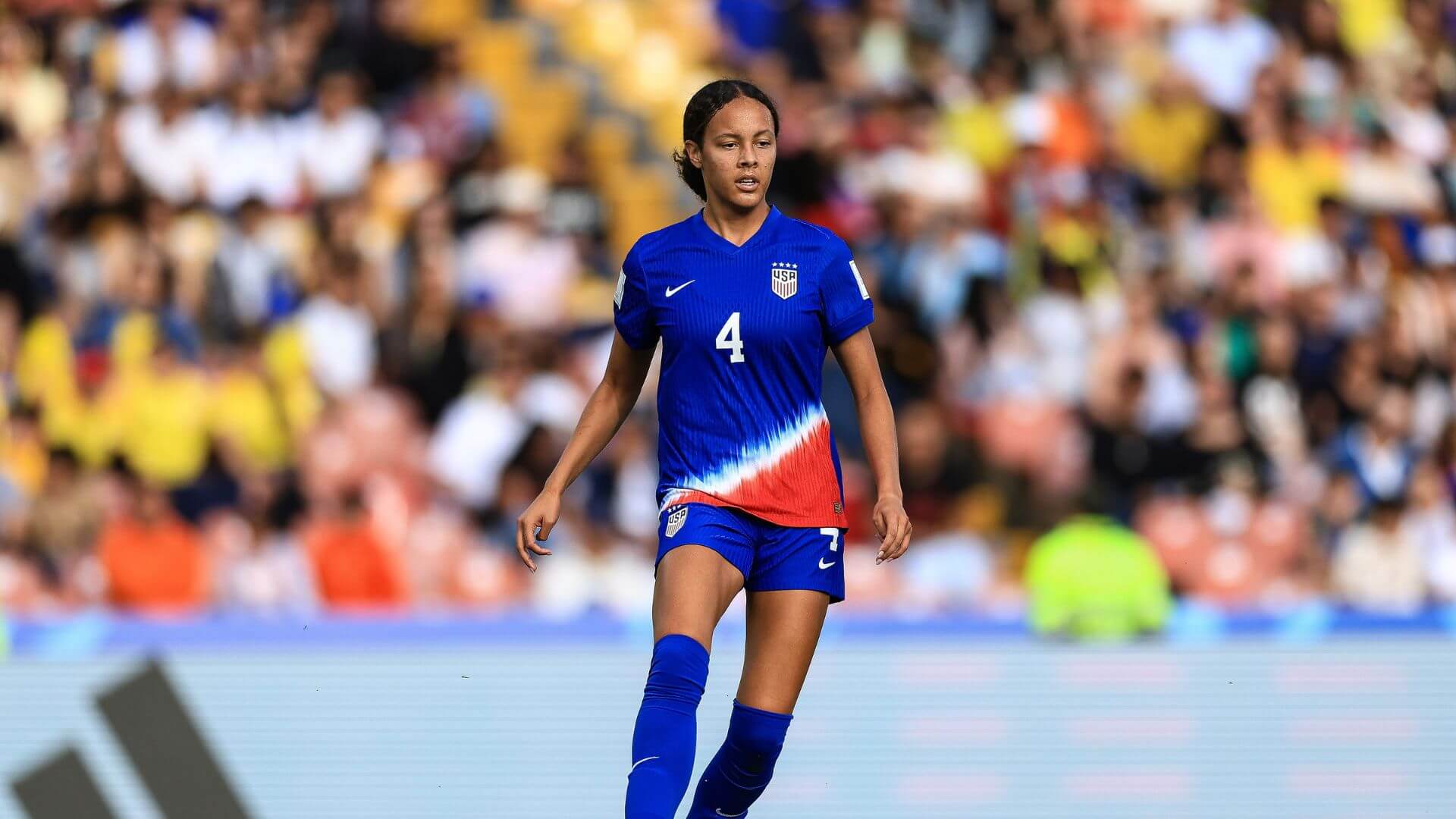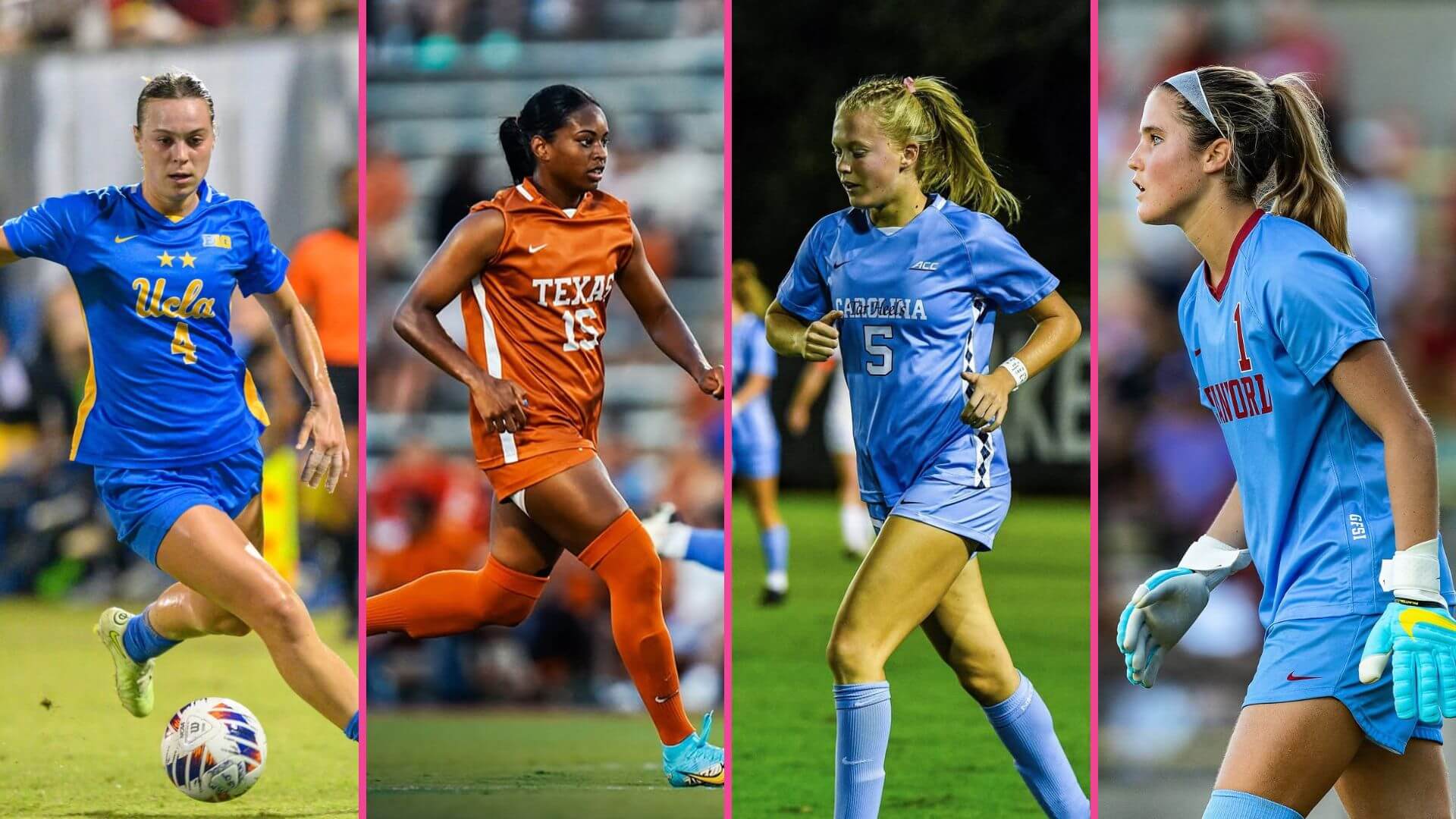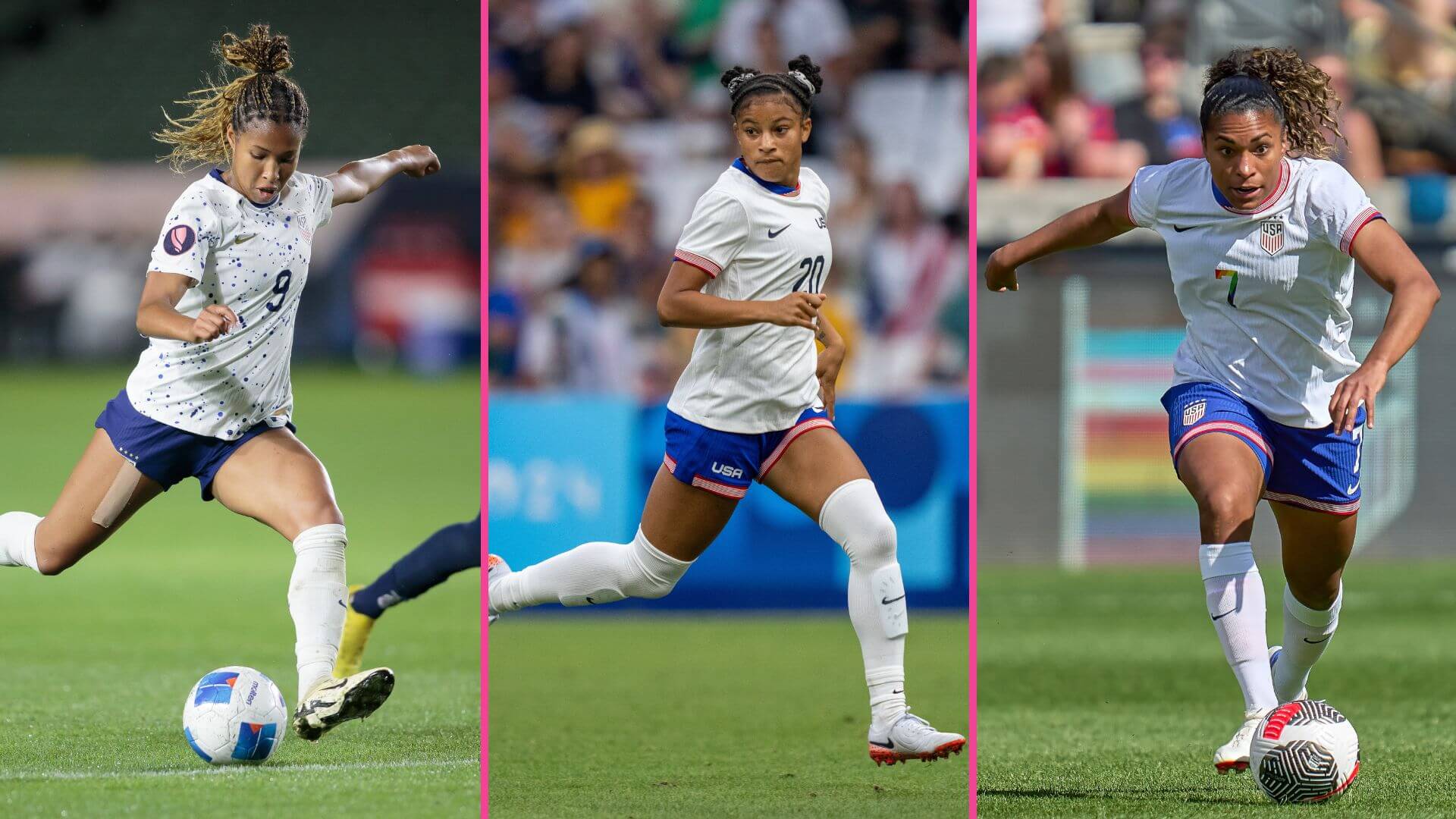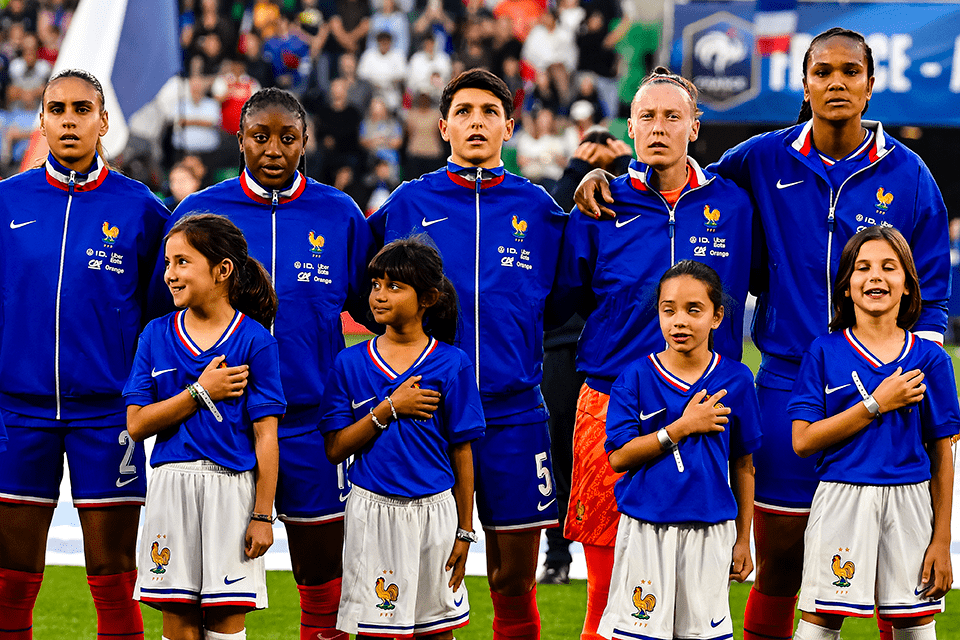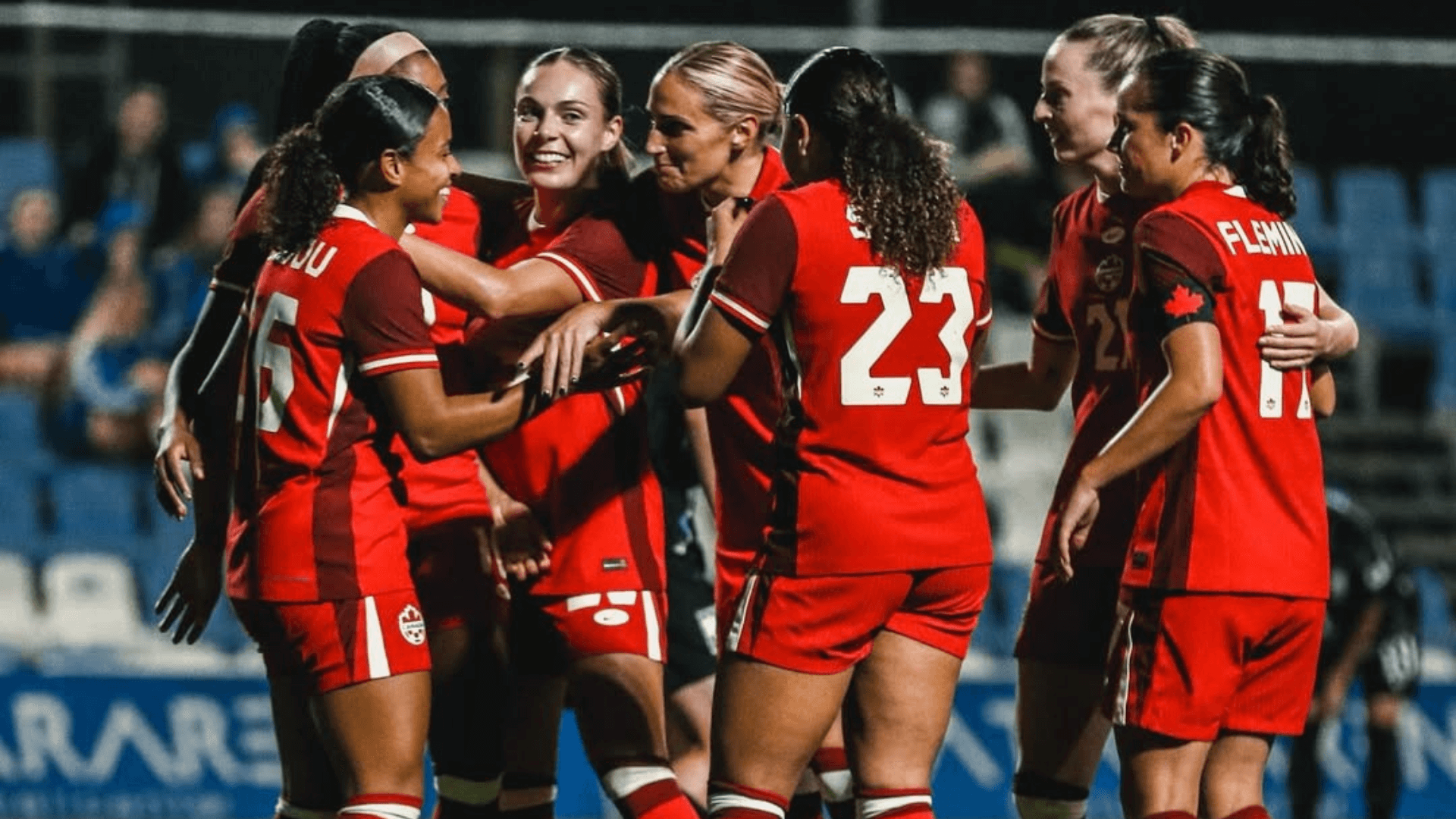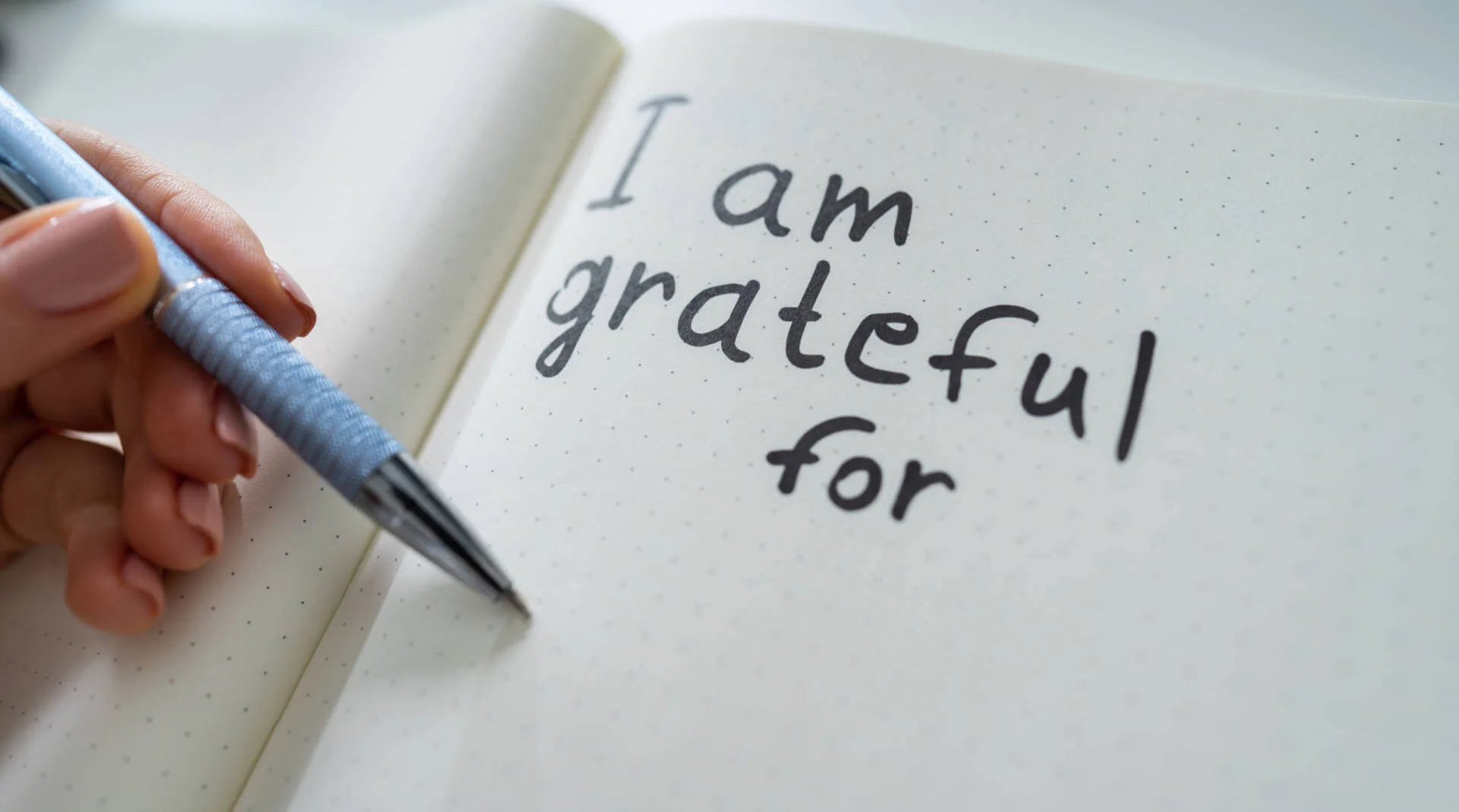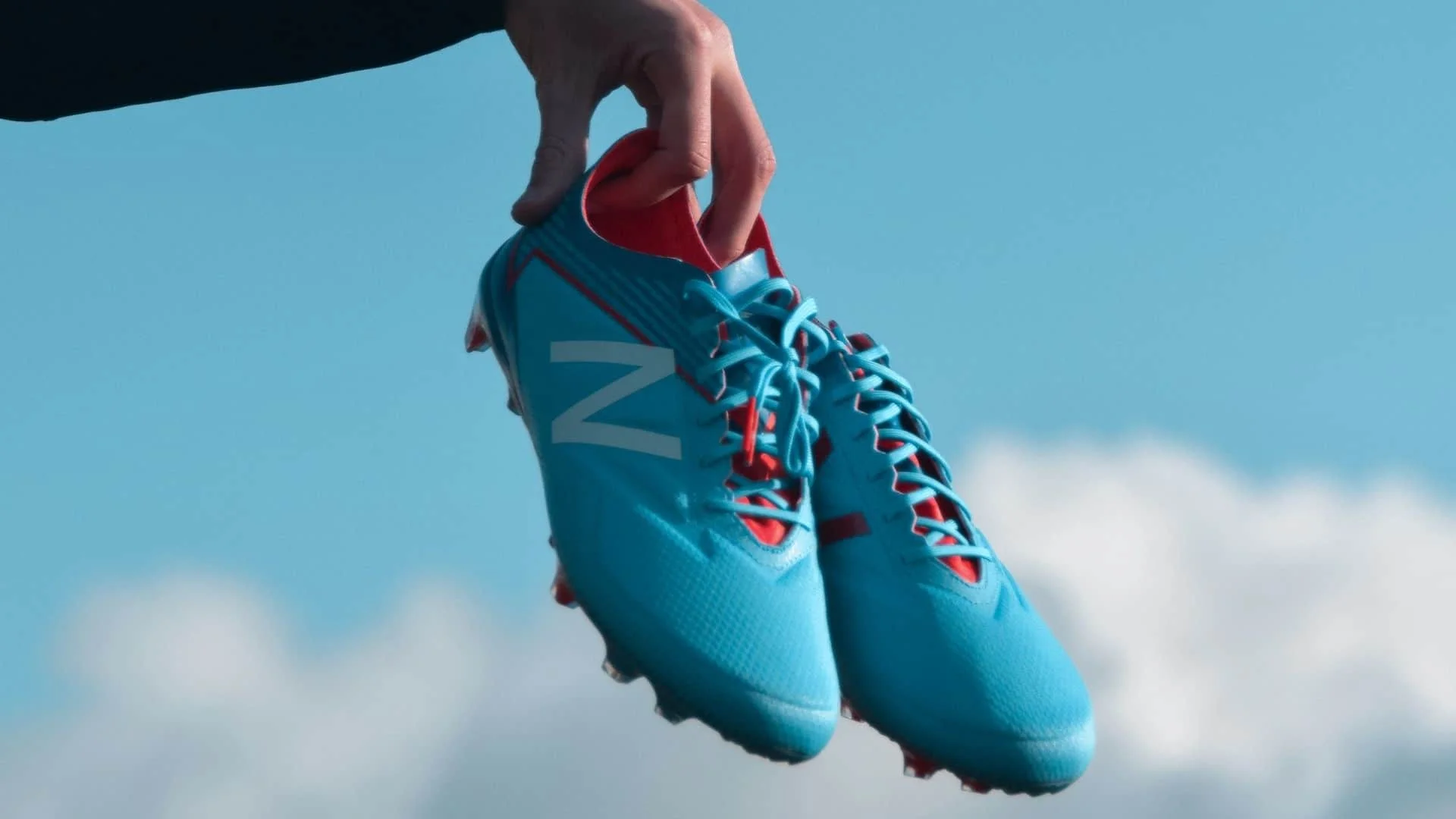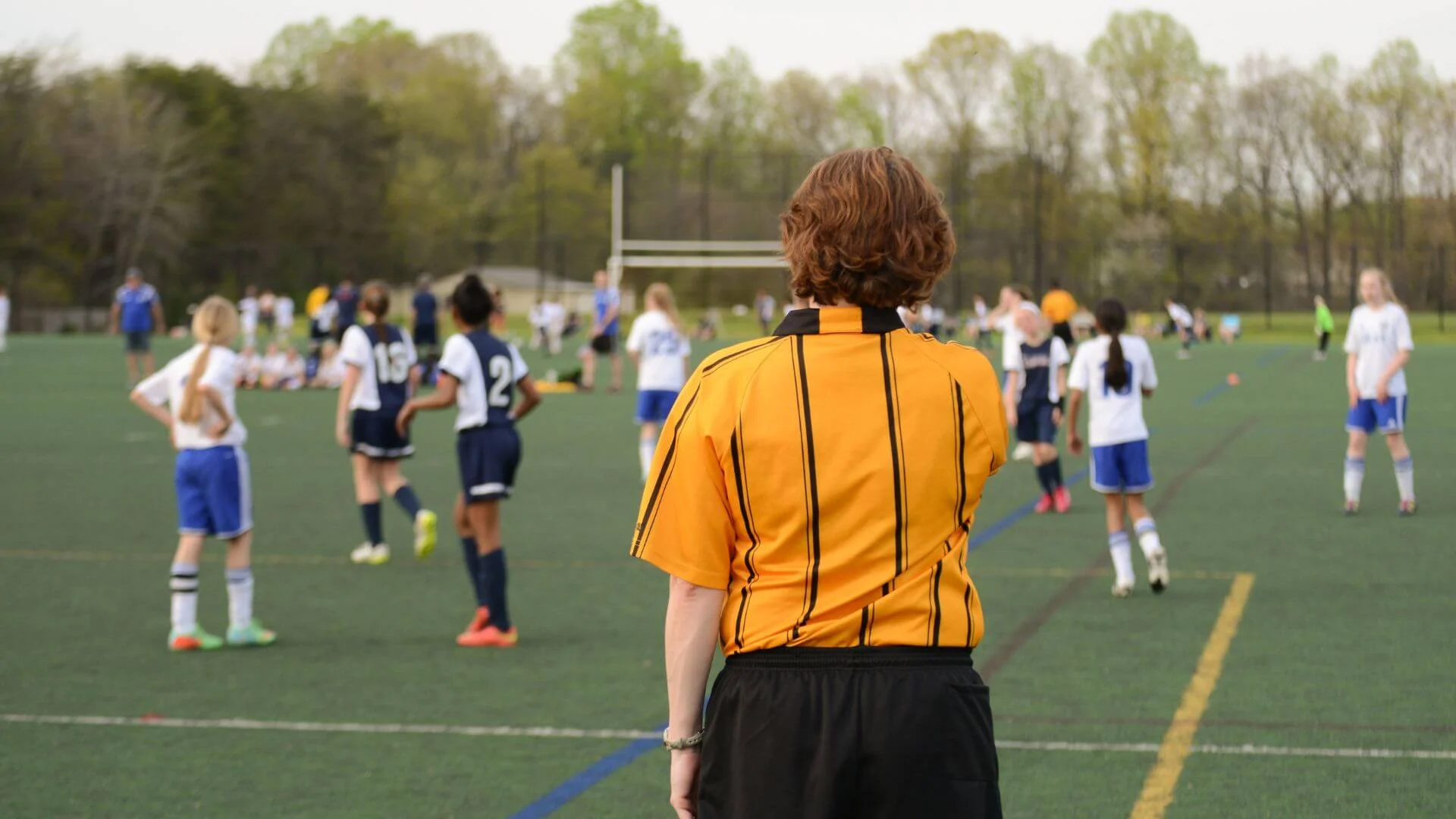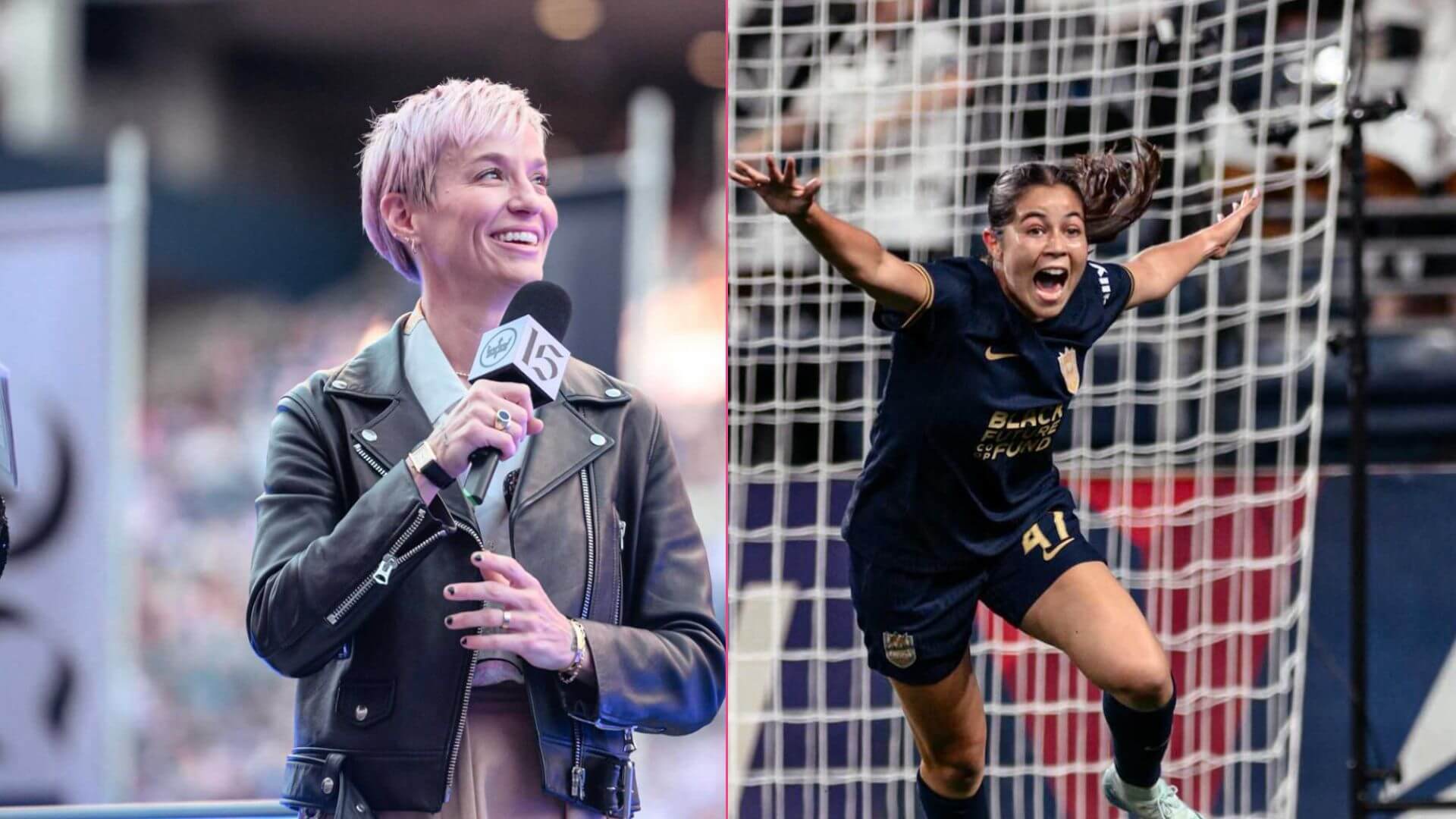What the Supreme Court’s Ruling Against the NCAA Can Mean For College Athletes
Earlier this month, the Supreme Court ruled unanimously in favor of Division 1 athletes in their fight against the NCAA. College athletes rake in millions of dollars to their schools, coaches, and the NCAA. Yet, up until now, they could not receive anything monetarily in return.
Previously, the NCAA’s rule had been that college athletes were not allowed to make any profit. This included both education-related benefits and profiting off of their likeness. The recent Supreme Court ruling applies to college athletes accepting education-related payments, like paid internships or educational supplies, for example.
The Supreme Court ruled 9-0 that the NCAA had violated antitrust laws and that college athletes should be allowed to be paid for education-related benefits. In other words, the Supreme Court ruled that the NCAA was acting too much like a monopoly and that college athletes should be able to accept payment for their work.
One of the biggest arguments that the NCAA made in favor of keeping its rules was that permitting the payment of college athletes would jeopardize the spirit of amateurism in collegiate sports. Additionally, they argued that college athletics were differentiated from professional sports. Therefore they shouldn’t be considered a monopoly.
Overall, the biggest reasoning for the Supreme Court’s ruling was how the NCAA can require athletes to be in good academic standing yet can profit billions of dollars off of college athletes that don’t see a dime of that money.
This ruling means a lot of things for college athletes and prospective college athletes. First, college athletes can accept money for academic achievements, study abroad opportunities, and graduate school tuition. They’ll be able to accept educational supplies like computers, tutoring, and more. College athletes were previously not allowed to accept any of these education-related perks.
Second, bigger colleges and the colleges with the best teams will continue to rake in the most money. The ruling will mean that these select colleges can offer things like paid internships or postgraduate scholarships to attract and recruit new athletes.
On July 30, 2021, the NCAA addressed the “name, image, likeness” part of the debate, announcing student-athletes would now be allowed to benefit from those opportunities. This means sponsorships, endorsements, and partnerships are all now on the table.
Both the Supreme Court’s ruling and the NCAA announcement are giant steps towards a full resolution for the years-long college pay battle. While the NCAA ruling is a “temporary” change, it is likely to become permanent pending official rule change processes and federal legislation. The impact this has on student-athletes remains to be seen, but one thing is certain: this phase of the college pay debate is over and the students have come out victorious.
Featured Image via Jamie Schwaberow/NCAA Photos via Getty Images




